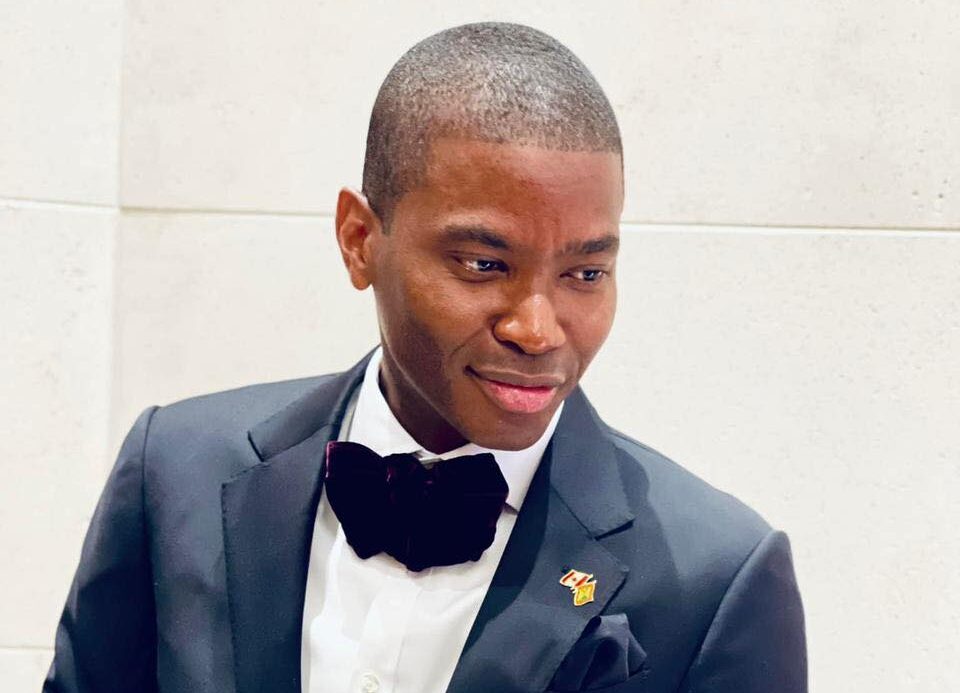By LINCOLN DEPRADINE
Healthcare and housing have been identified as two “strategic areas” that need investment
from Grenadians in the Diaspora, including Canada.
“Those are the two areas that we believe the Diaspora could lead when it comes to
investing in Grenada,” says Dickon Mitchell, that country’s prime minister.
Mitchell, addressing a meeting of Grenadian nationals in Scarborough, said a “golden
opportunity” exists for Diaspora residents “to help us solve the housing and healthcare
challenge”.
Both housing and healthcare are “inextricably linked and important to you, members of the
Diaspora”, he said.
“Many of you, I’m sure, would be happy to retire in Grenada. But if you don’t already
have a house, finding a house or an apartment or condominium to retire in Grenada these
days is a significant challenge. And if you do have a house, you are hesitant to stay there
because you are worried about healthcare.”
As a housing solution, the prime minister said his government is ready to offer incentive
packages to Grenadians that are willing to “leverage” building technology available to
them in foreign markets, and who want to use their experience, expertise and “collective
income” to buy land, build homes and “sell the homes back to your colleagues in the
Diaspora”.
“The government is prepared to make the necessary fiscal and concessionary packages
available to anyone in the Diaspora who wants to help us solve the housing challenge we
have in Grenada,” Mitchell said.
“We are prepared to grant the fiscal incentives to ensure that if you are prepared to invest
and bring your money in to invest in housing, that we can ensure that you do not have to
pay the kinds of duties that you ordinarily would pay on material that you are bringing in
for construction. That way, we can guarantee that the price of the homes, when they’re
eventually constructed, are still affordable to members of the Diaspora and to persons in
Grenada.”
The Grenada government’s healthcare initiatives include plans to build a new hospital.
However, Prime Minister Mitchell said the “multifaceted” healthcare sector requires
assistance with “preventative care”, which should be “made the norm”.
“We need significant investment in the not-getting-sick part,” which includes paying
greater attention to such things as food and nutrition, exercising, mental wellness, massage
therapy and acupuncture, said Mitchell. “There is significant opportunity for you, in the
Diaspora, to invest in private healthcare in Grenada.”
If “collectively” – government, individuals and groups – can improve healthcare services,
combined with the “peace, calm and serenity” in a “beautiful setting like Grenada”, it not
only will be beneficial to nationals, but also to the tourism industry, the prime minister
said. “More tourists will come to Grenada.”
Grenada, which includes Carriacou and Petite Martinique, attained political independence
from Britain on February 7, 1974. Mitchell, a lawyer, became prime minister last year
when his National Democratic Congress won general elections.
“I want to encourage all of you to be part of what I call ‘The Great Diaspora
Homecoming’,” Mitchell said, referring to the 50th anniversary of independence
commemoration next year.
“This celebration is not going to be a 7th of February celebration. It’s a celebration that is
going to span 12 to 15 months. So, we start in September with the reopening of schools.
And we’re going to start by, for the first time, making it mandatory that Grenadian history
is taught in all of our schools.”
September also will be dedicated to Grenadian authors, said Mitchell.
“So, those of you who have written and are writing, whether it’s about Grenada or
anything, we will soon be putting out communication on where you can contact us, where
you can share with us your publication,” he said.
“We have to encourage a culture of reading, despite the technology, and the first thing you
need to understand is yourself and your history. As we move forward, in the next 50 years,
it is absolutely critical that the history of the last 50 years is taught to our students, so that
they understand who we are, where they come from.”
Grenadians – from “far, near and wide” – that made “significant contributions” to the
country’s development will be honoured and awarded at the independence celebrations,
Mitchell said.
“We can teach the next generation of Grenadians about them,” he added, and also said that
streets and villages will be renamed in recognition of the honourees.










